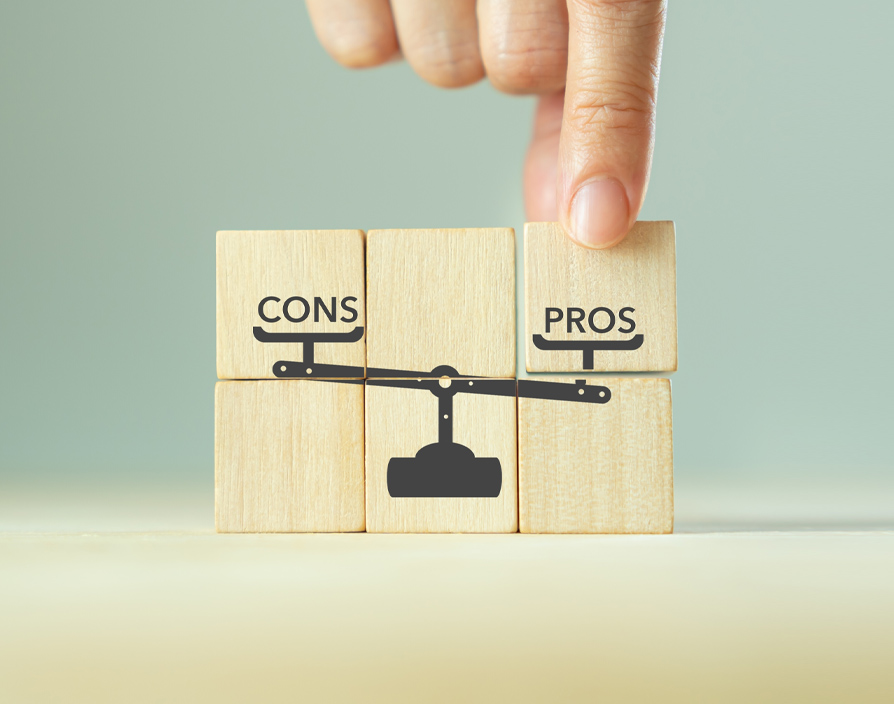If you thought being in business was about making your own decisions, does running a franchise remove all of the decision-making processes? If so what are the benefits of this? Surely it would be easier to take a job, without the responsibility of losing my home if it all goes wrong?
For some, there is freedom in being employed. Standard hours, paid holidays, a regular income, sick pay, and no worries about business performance beyond your job role. The downside of that may be that you have to ask for that time off, time off is limited and the hours might not suit your needs around family and commitments beyond work. There’s always the threat that the company you work for might not survive or need you anymore, you may have a poor boss and you are not always in control of your own destiny.
Being a business owner has different challenges. You can be more flexible but that doesn’t mean you work less. Very few business owners will be successful based on only a few hours a day – especially in the start-up stage of their business. All the decisions rest with the owner (unless there are investors or a board) and complete responsibility for every aspect of the business lies there. Unless there is money to invest in a coach or mentor, a business owner is often working alone, with little guidance. It can be a very lonely place.
And then there is being a franchisee.
On a risk/reward scale, I’d suggest that employment is the lowest risk vs reward. Starting & running your own business from scratch is high risk but could be high rewards, and franchising is known to be a lower risk but can also lead to high rewards – and often at a faster pace than going it alone if you follow the model!
One of the best things about running a franchised business is that the mistakes have usually already been made by the franchisor, the processes are written, the ‘best way’ to do things has been identified and there is a team to support you. And that means, for a franchisee, that following the model provided is the best route to success. So, the question is, how much freedom do you have as a franchisee running your own business?
Franchisees usually sit between ‘fully employed’ and ‘entrepreneurs’ – they will typically want the safety that a franchise model affords, but still want to be their own boss. Every franchisor offers or demands different levels of ‘control’ over a franchisee and their behaviour – it’s not a ‘one-size fits all.’ So, consider carefully if it would work for you.
Having the franchisor to guide your thoughts about the next steps, and learning from their experience, means that decisions are usually easier and often better informed.
As a franchise, you don’t hand over responsibility and decision-making – there are choices to be made and decisions to take: and as new things develop in the business world, you will need to adapt alongside your franchisor and in some ways you can innovate alongside.
Control is at the core of the choices! How much control will you have over daily activities, growing and/or marketing your business? And how much do you want? Different franchises offer different levels of independence and of support – that’s the joy of franchising. Variety – and something to suit most people.

































